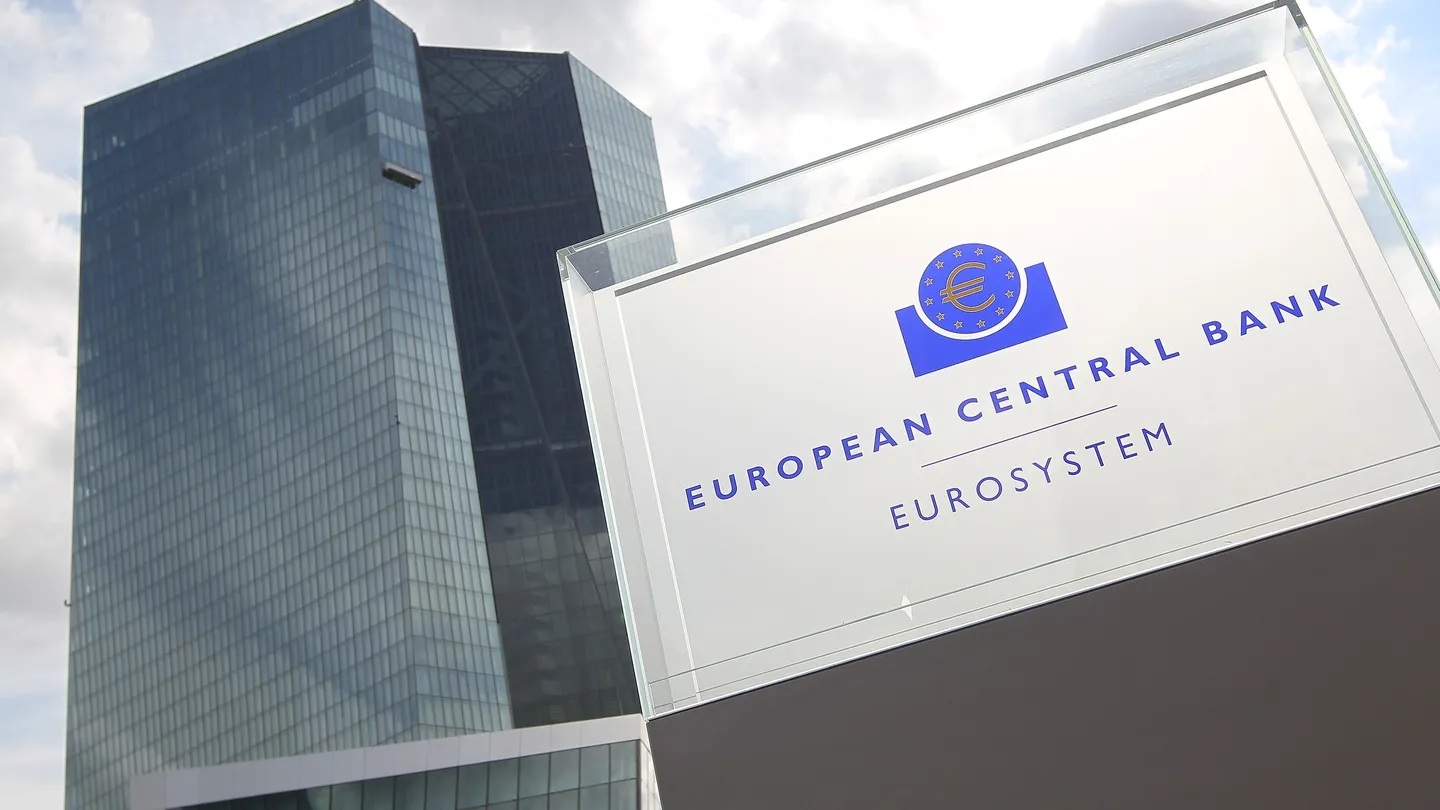In order to tackle inflation, the European Central Bank is poised to raise interest rates again on Thursday, but the sudden collapse of a major US lender has sparked concern about the health of the banking system at a time when borrowing costs are on the rise.
ECB president Christine Lagarde said last week that the ECB's 26-member governing council is "very, very likely" to increase interest rates by yet another half a percentage point at its Frankfurt meeting.
It would be the sixth successive increase, which would mean that since July, the ECB's three main interest rates have increased by 3.5 percentage points.
In the aftermath of Russia's war in Ukraine, the ECB has hiked interest rates at a historically fast pace in order to cool consumer prices after energy and food costs rose sharply.
Investors will be more interested in clues about the ECB's future moves now that Thursday's decision has been made "a done deal," according to ING bank economist Carsten Brzeski.
It is predicted that the dovish policymakers, who are looking to slow down rate hikes to ease the pain of higher borrowing costs, will face a heated debate from the hawkish policymakers who are pushing to keep up with inflation, which remains well above the ECB's two-percent goal.
"An increase in March will be less important than what is expected to happen in May and beyond," Deutsche Bank economists said in a preview note for the month ahead.
ECB policymakers will be closely watching the market turmoil caused by the failure of US lender SVB last week, which triggered fears that spillover effects would spread to European banks, ahead of Thursday's meeting.
The ECB could opt for smaller hikes after Thursday "to relieve some pressure", said Baader Bank analyst Robert Halver.
"As far as over-indebtedness is concerned, debtors are at risk of falling into a vulnerable position as interest rates rise," he told AFP.
In an attempt to calm fears, France's Finance and Economy Minister, Bruno Le Maire, said he didn't "see any risk of contagion", while Germany's financial watchdog said that the collapse of SVB didn't pose any threat to the country's financial stability.
The collapse of SVB could influence the decision-making of the US Federal Reserve, which started hiking rates earlier and more aggressively than the European Central Bank (ECB) as a result of its financial crisis.
SVB's collapse was partly a result of the higher rates, which led to the loss of value of US government bonds with lower returns that it held as a result of the higher rates.
It is estimated that SVB took a loss of $1.8 billion from the sale of $21 billion worth of securities before it collapsed, raising concerns that other banks may face a similar situation.
A few days before SVB's troubles broke out, Fed chief Jerome Powell had said that if the economy performed better than expected in the near future, "the ultimate level of interest rates is likely to be higher than previously anticipated.".
"After the collapse of SVB, there are now heightened expectations that the Federal Reserve will take a more cautious approach to its monetary policy as a result of the market turmoil," said Richard Flax, Moneyfarm's chief investment officer.
With revised data showing that the economy stagnated in the fourth quarter of 2022, instead of recording weak growth as originally estimated, it has become clear that the economic picture is murkier in the eurozone as well.
It is believed that the decline in energy prices in recent months has contributed to a slowdown in inflation, which reached 8.5 percent in February, down from 8.6 percent in January.
Core inflation, however, reached a new record high of 5.6 percent in June, excluding volatile energy and food costs, which lends credence to the argument that interest rates should be raised further.
The head of the 20-nation currency club has vowed to do whatever it takes to ensure price stability in the currency club by doing whatever it takes.
She said last week that the eurozone economy has proven to be resilient to the fallout of the Ukraine war, and unemployment is at a low level.
In spite of this, the bank is keeping a close eye on wage growth as higher consumer prices continue to fuel demand for wage increases throughout Europe -- adding to inflationary pressures in the economy.
There is a possibility that the ECB would be able to climb further, according to economists from Deutsche Bank.
The ECB's bank deposit rate, currently at 2.5 percent, is expected to peak at 3.5-4.0 percent during the summer and remain there for some time to come according to many analysts.
It will be the ECB's job to guide its decisions on Thursday with the help of new economic forecasts, which will be released on Thursday.
In December of last year, the European Central Bank projected that inflation would soften to 3.4 percent in 2024 and 2.3 percent in 2025.
Observers predict a downward revision to those figures due to the recent plunge in natural gas prices.
ECB policymakers are not expecting a recession in 2023, and any upward revision to economic growth forecasts would make it easier for them to tighten monetary policy.

Subscribe to our newsletter!
As a leading independent research provider, TradeAlgo keeps you connected from anywhere.








